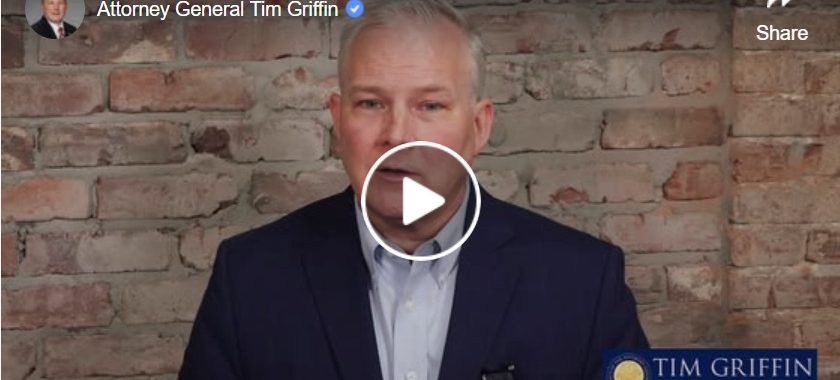Arkansas A.G. to Host Free Social Media Summit in October
Arkansas Attorney General Tim Griffin will host a free social media summit in October.
In an announcement on Facebook, Attorney General Griffin said the summit will look at social media addiction as well as dangers from scams and foreign adversaries such as China.
Around the country, state legislators have recognized that social media can be hazardous for teens. These platforms rely on specialized algorithms to suggest content to users. As users look at social media content, the algorithms make a point to recommend similar material in the future — a process sometimes called “rabbit holing.”
If users view inappropriate or harmful material on social media, the algorithm will suggest similar content in the future. As a result, social media platforms like TikTok often serve teens what some have called a steady “diet of darkness.”
In 2023 the Arkansas Attorney General’s office filed two lawsuits against Chinese-based company ByteDance — the corporation that owns TikTok — and one lawsuit against Meta — the company that owns Facebook and Instagram.
The lawsuits highlight how the platforms jeopardize users’ personal data and “exploit human psychology and foster addiction to maximize users’ screen time.”
As we have said for years, social media platforms are more than just websites or phone apps. These are multimillion-dollar businesses. The people who own and profit from these companies have a responsibility to protect their users.
Family Council is not aware of any attorney general in America who is doing more to hold social media giants accountable than Arkansas Attorney General Tim Griffin. Registration details about the A.G.’s social media summit are available here.
Articles appearing on this website are written with the aid of Family Council’s researchers and writers.




